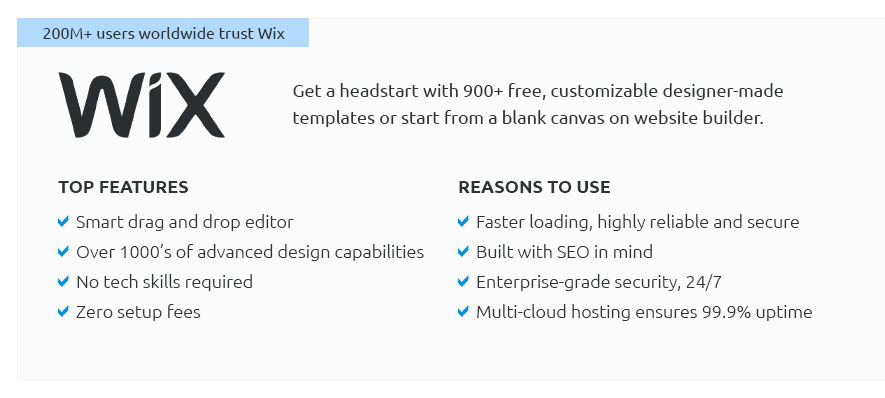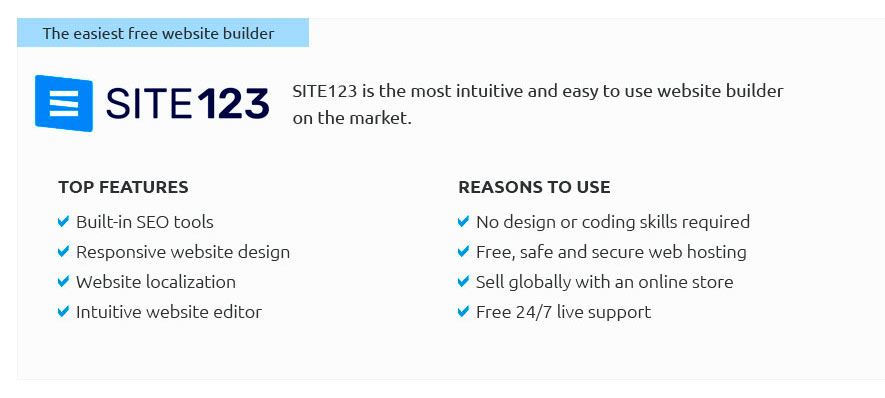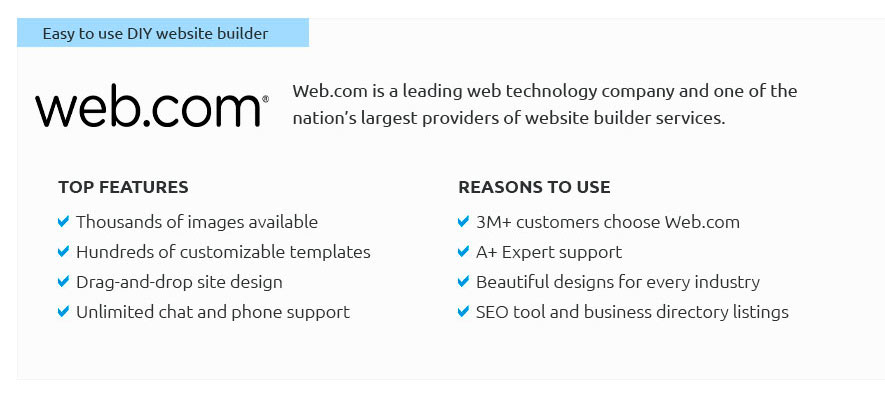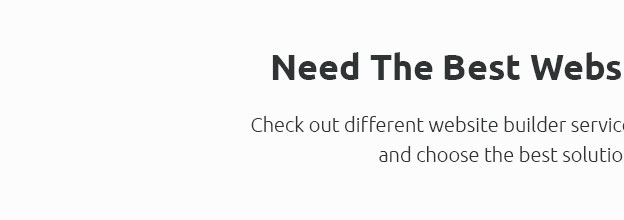 |
 |
 |
 |
|
 |
 |
 |
|
 |
|
 |
 |
|
 |
|
 |
|
 |
 |
How to Open a Website: A Comprehensive GuideIn today’s digital era, understanding how to open a website is an essential skill, akin to knowing how to read or write. Websites serve as gateways to a plethora of information, communication, and entertainment, thus being able to access them efficiently is paramount. Opening a website might seem like a rudimentary task to some, yet it holds substantial value, particularly for those who are new to the digital landscape or seeking to enhance their technological fluency. First and foremost, one must recognize the basic elements required to embark on this digital journey. At the heart of this process lies the web browser, an application designed to retrieve and display information from the World Wide Web. Popular browsers such as Google Chrome, Mozilla Firefox, Safari, and Microsoft Edge offer user-friendly interfaces that cater to a wide array of users, from novices to tech-savvy individuals. The choice of browser is often a matter of personal preference, yet each provides unique features and capabilities that can enhance the browsing experience. Once a browser is selected and installed, the next step involves the concept of the URL or Uniform Resource Locator. The URL serves as the address of a website, guiding the browser to the specific location of the desired content on the web. It is imperative to enter the URL accurately in the browser’s address bar to ensure successful navigation. Mistyping a URL can lead to error pages or unintended destinations, which can be frustrating, especially for those unaccustomed to the nuances of digital navigation. The advantages of mastering the art of opening a website are manifold. For one, it opens doors to vast resources of information, allowing individuals to learn about virtually any topic imaginable. This ability to self-educate is invaluable in a world where knowledge is power. Moreover, websites facilitate communication and connectivity, enabling users to interact with others through social media platforms, forums, and other online communities. In addition, understanding how to access websites can significantly enhance one's professional capabilities. Many businesses and organizations rely on online platforms for operations, marketing, and customer engagement. Thus, being proficient in navigating websites can improve job performance and open up new career opportunities. Furthermore, it fosters a sense of independence and confidence in managing one's digital presence and activities.
In conclusion, the process of opening a website, though seemingly simple, plays a crucial role in navigating today’s interconnected world. By familiarizing oneself with browsers and URLs, individuals can unlock a myriad of possibilities that extend far beyond mere browsing. Whether for personal enrichment, communication, or professional growth, the ability to efficiently open and utilize websites is an invaluable skill in the modern age. https://support.google.com/chrome/thread/295149679/getting-a-web-site-to-open?hl=en
Every time I try to go to a web site it says I may not be connected to the Internet and I know for sure that I am. Why wouldn't it open?? https://support.google.com/websearch/answer/7013866?hl=en&co=GENIE.Platform%3DAndroid
Open a web page in the Google app - On your Android phone or tablet, open the Google app Google Search . - Do a search. - Tap a search result link. A web page will ... https://developer.mozilla.org/en-US/docs/Learn_web_development/Getting_started/Web_standards/How_the_web_works
... website (see DNS explained below for more information). The browser ... Open a new browser tab, paste the IP Address into the address ...
|